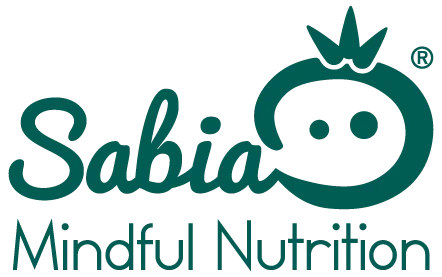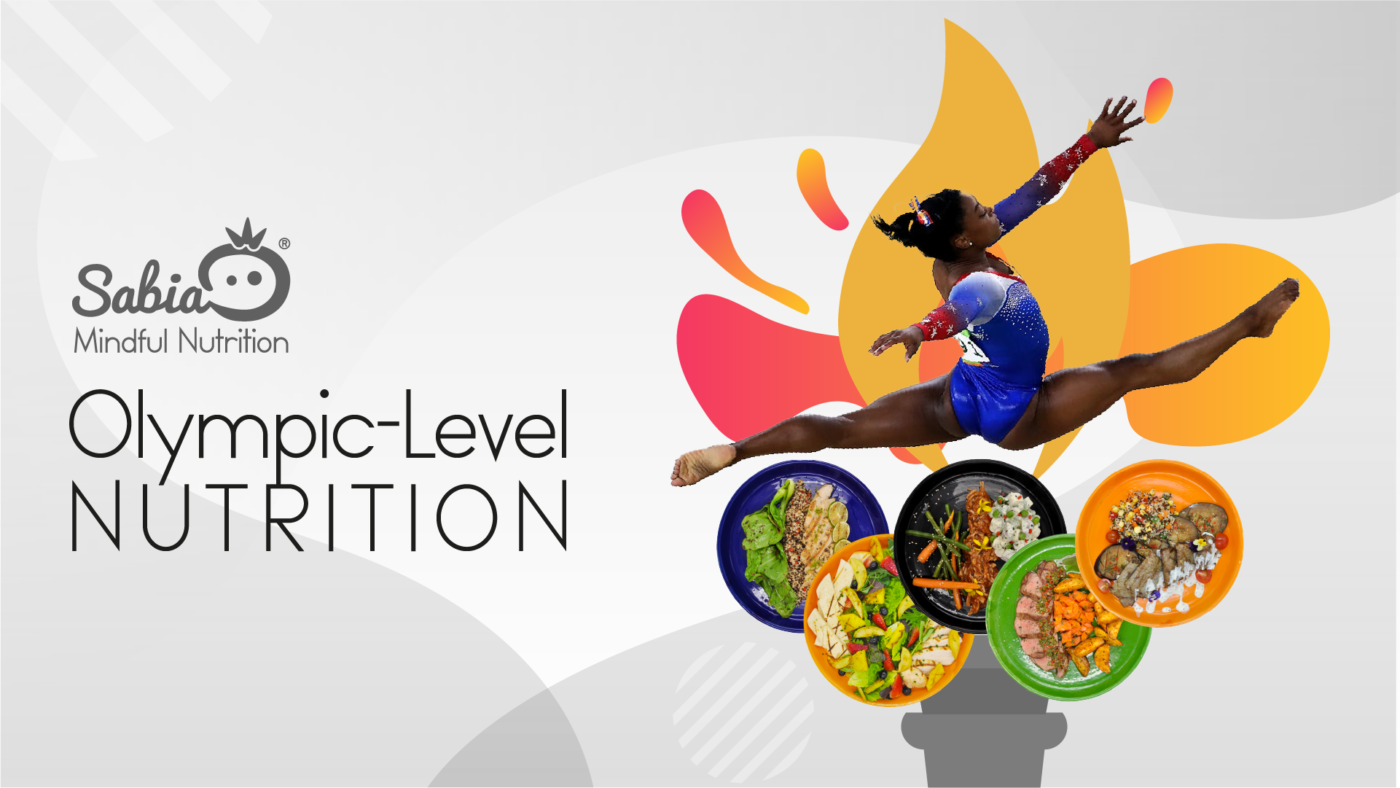Health, Nutrition, Uncategorized
Olympic-Level Nutrition
The world’s eyes are turning to Paris as the 2024 Olympic Games approach. While we marvel at the incredible feats of strength, speed, and skill, there’s an often-overlooked aspect of athletic performance that deserves our attention: nutrition. The dietary habits of Olympic athletes offer valuable lessons not just for aspiring competitors, but for anyone looking to improve their health and achieve their personal goals.
Nutrition for Peak Performance: Lessons from Olympic Athletes
Olympic athletes push their bodies to the absolute limit, and proper nutrition is the foundation that supports their intense training and competition schedules. Here’s what we can learn from their approach:
- Balanced Macronutrients Olympic athletes carefully balance their intake of carbohydrates, proteins, and fats. Carbohydrates fuel high-intensity efforts, proteins support muscle recovery and growth, while healthy fats aid in hormone production and nutrient absorption.
- Meal Timing Strategic timing of meals and snacks ensures athletes have the energy they need for training and competition while supporting recovery. This principle applies to non-athletes too – properly timed meals can boost your energy and productivity throughout the day.
- Hydration is Key Proper hydration is crucial for athletic performance and overall health. Olympic athletes monitor their fluid intake carefully, a habit we should all adopt.
- Nutrient Density Athletes focus on nutrient-dense foods to get the most benefit from every calorie. This approach helps anyone looking to improve their diet quality.
- Personalization Each athlete’s nutritional needs are unique, based on their sport, body composition, and individual metabolism. Similarly, the best diet for you is one tailored to your specific needs and goals.

Applying Olympic Nutrition Principles to Everyday Life
While most of us aren’t training for gold medals, we all have our own “Olympic” moments – whether it’s excelling at work, running a local 5K, or simply having the energy to play with our kids. Here’s how to apply elite athlete nutrition principles to your daily life:
- Fuel Your Day Start with a balanced breakfast to kickstart your metabolism. Include complex carbohydrates for sustained energy, lean proteins for satiety, and fruits or vegetables for vitamins and fiber.
- Snack Smart Keep healthy snacks on hand to maintain steady energy levels throughout the day. Nuts, fruits, or yogurt can provide a perfect mid-day boost.
- Hydrate Consistently Don’t wait until you’re thirsty to drink water. Keep a water bottle with you and sip regularly throughout the day.
- Recovery Matters After exercise, even if it’s just a brisk walk, refuel with a combination of carbohydrates and protein to support recovery and muscle health.
- Plan Ahead Meal prep isn’t just for athletes. Planning your meals in advance can help you make healthier choices and avoid impulsive eating.
The Impact of Nutrition on Mental Performance
It’s not just physical performance that benefits from proper nutrition. Many Olympic athletes work with sports psychologists and nutritionists to optimize their mental game. The brain-gut connection is real, and what we eat affects our cognitive function, mood, and stress levels.
Foods rich in omega-3 fatty acids, like fatty fish, walnuts, and flaxseeds, support brain health. Antioxidant-rich fruits and vegetables protect against oxidative stress, which can affect mental clarity. Complex carbohydrates provide steady energy to the brain, supporting focus and decision-making.
By adopting a nutrition plan that supports both physical and mental performance, you can enhance your ability to meet life’s challenges, whether in the workplace or your personal pursuits.
Sustainable Eating: A Lesson from the Olympic Village
The Paris 2024 Olympics are set to be the most sustainable games yet, with a strong focus on environmental responsibility. This extends to the food served in the Olympic Village, emphasizing local, seasonal, and plant-based options.
We can take inspiration from this approach by:
- Choosing locally sourced foods to reduce our carbon footprint
- Incorporating more plant-based meals into our diets
- Reducing food waste through careful planning and creative use of leftovers
These choices not only benefit our health but also contribute to a healthier planet.
Overcoming Nutritional Challenges
Even Olympic athletes face nutritional challenges. Travel, stress, and intense competition can disrupt eating routines. Similarly, our busy lives can make it difficult to maintain a healthy diet. Here are some strategies to overcome common obstacles:
- Prep Portable Snacks: Have healthy options ready for busy days.
- Stay Flexible: If you can’t stick to your ideal meal plan, focus on making the best choices available.
- Listen to Your Body: Learn to distinguish between true hunger and emotional eating.
- Seek Support: Consider working with a nutritionist to develop a personalized plan.

Your Personal Olympic Journey
As we watch the world’s best athletes compete in Paris, let’s remember that we’re all on our own “Olympic” journeys. Whether your goal is to improve your health, boost your work performance, or simply feel more energetic, adopting the nutritional principles of elite athletes can help you get there.
Start small – choose one aspect of your diet to improve this week. Maybe it’s drinking more water, adding an extra serving of vegetables to your meals, or planning your snacks in advance. Over time, these small changes add up to significant improvements in your health and well-being.
Remember, you don’t need to be an Olympian to eat like one. By fueling your body with intention and care, you’re setting yourself up for success in whatever arena you choose to compete. Here’s to your health, your goals, and your personal gold medals!


